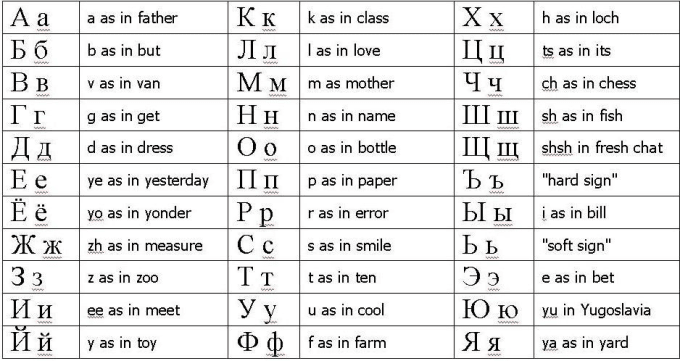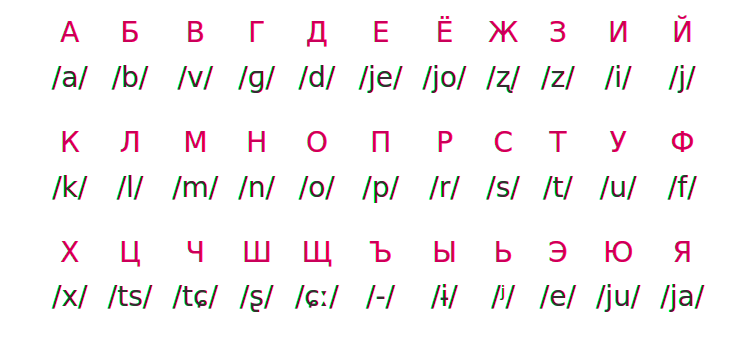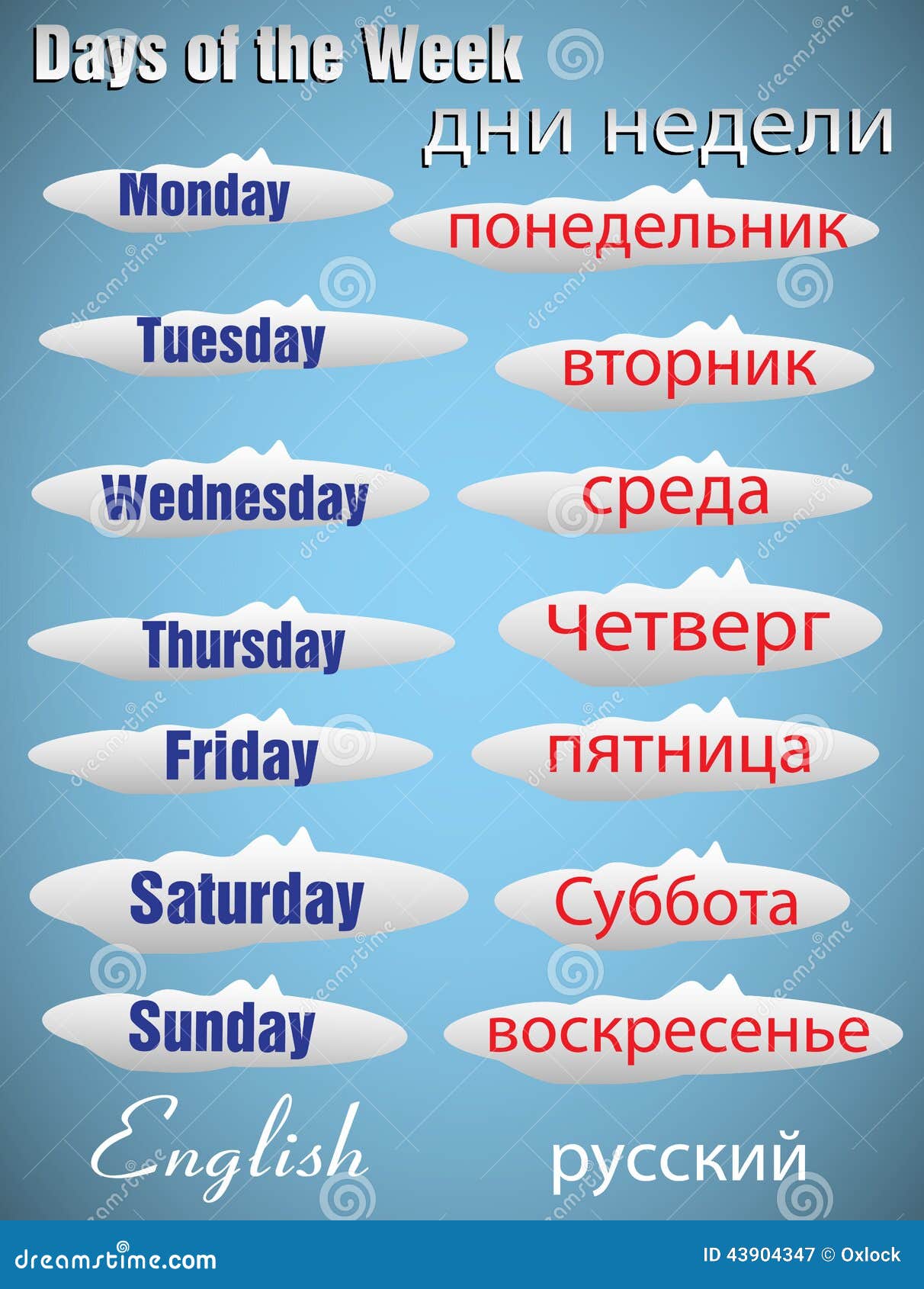



Why is that? Because Russian only has five vowel sounds, while English has 12. It’s why you rarely see Russians (even those who lived in the States for a long time) talk like native English speakers. The phonological systems of Russian and English are very different. Those new characters, though, will likely be the first hurdle when it comes to reading and writing in Russian for second-language learners, so spend ample time learning them. Russian uses the Cyrillic alphabet, some letters from which share similarities with the Latin alphabet used in English. While English share a lot in common with languages like Spanish and Italian, Russian is a lot closer to other Slav languages like Polish and Czech. Russian is part of the Slavonic branch of the Indo-European languages, while English is a Romanic language. In terms of sounds and pronunciations, though, it’s quite easy, so you can parrot speakers on YouTube quite capably if you want to get a good feel for the spoken language. The real challenge, I believe, is being able to form sentences - Russian grammar is a big departure from what you’re used to in English. By speak, though, I mean talk in malformed but somewhat audible sentences. While my exposure to Russian is entry-level at best, I’ve found it an easy language to speak. On a difficulty scale, many language learners rate Russian as being somewhere in the middle - not quite as easy for English speakers to learn as Spanish or French, but nowhere near as challenging as Chinese or Arabic. As such, it will help for native English speakers to let go of many preconceived notions before undertaking a course in it. How easy will it be to learn Russian? Well, English and Russian are very different in a lot of important language aspects. Since we’re assuming you’re a native (or fairly fluent) English speaker, then we’ll use that to detail the more notable qualities that differentiate Russian as a language. The best way to get a jumpstart in learning a language is to understand how it compares and contrasts to your own. Hopefully, it can help you begin your lessons just a little more prepared, cutting down on that learning hurdle you’ll face at the start. Therefore, you should only trust certified, native Russian translators to transform your content for a Russian-speaking audience. Our Russian translators not only know the nuances of the language, but those of the culture you’re translating for, ensuring that your Russian content – whether business or personal – will resonate with anyone who reads it.Learning Russian? Whether you’re enrolled in a class or use a modern method like online learning, this quick guide should give you a good primer about what to expect. With one of the most complex grammar systems of any language in the world, becoming fluent in Russian is no easy feat. Plus, Russian speakers are up to seven times more likely to purchase a product or service if the information is available to them in their language. There are a few major differences between English and Russian, therefore, t ranslating English to Russian is a business move that should not be overlooked, as it can greatly increase your reach throughout a large area of the globe. It is also widely spoken in Ukraine, the Caucacus, Central Asia, and the Baltic states, though they have their own languages as well, which are similar to Russian in many ways. There are at least 220 million Russian speakers in the world, with Russia, B elarus, Kazakhstan, and Kyrgyzstan claiming it as an official language.


 0 kommentar(er)
0 kommentar(er)
